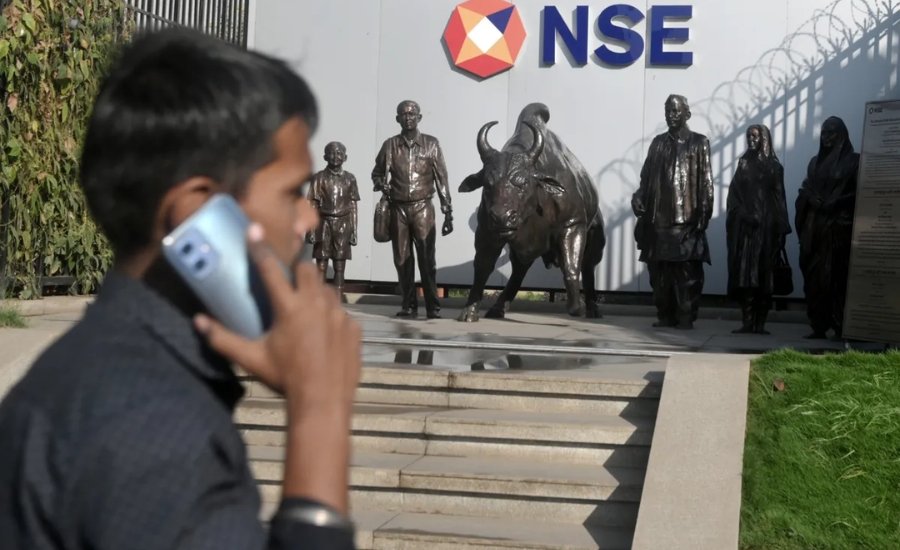In a dramatic turn of events, U.S. stock markets plunged on Thursday as President Donald Trump’s new tariffs sent shockwaves through global financial markets. The Dow Jones Industrial Average fell by a staggering 1,600 points, marking one of the steepest single-day declines in recent history. Meanwhile, the U.S. dollar weakened further as investors reacted to the heightened uncertainty.
Stock Market Turmoil
The sudden market downturn came after Trump announced sweeping tariffs, imposing at least a 10% levy on various imports. The move fueled fears of an escalating global trade war, prompting investors to pull out of equities and seek refuge in safe-haven assets such as gold and U.S. Treasury bonds.
- Dow Jones Industrial Average: Down 1,600 points (-4.2%)
- S&P 500: Declined by 3.8%
- Nasdaq Composite: Slumped by 4.5%
Financial analysts attributed the sell-off to concerns over retaliation from key trading partners, including China and the European Union. “The market is reacting to the uncertainty surrounding these tariffs. Investors fear potential countermeasures that could disrupt global supply chains,” said Mark Reynolds, chief strategist at Wall Street Advisory.
U.S. Dollar Weakens Amid Investor Caution
The U.S. dollar also took a significant hit, declining against major currencies as traders anticipated economic fallout from the tariffs. The U.S. Dollar Index (DXY) dropped 1.2%, marking its worst single-day performance in months.
- EUR/USD: Rose to 1.12 (+1.1%)
- GBP/USD: Climbed to 1.30 (+0.9%)
- USD/JPY: Dropped to 145.80 (-1.3%)
Gold Surges as Investors Seek Safety
Amid the market uncertainty, gold prices soared, reaching a new all-time high. Spot gold climbed 3.5% to $2,350 per ounce, with analysts forecasting further gains if market volatility persists.
Economic Implications and Expert Reactions
Economists warn that the tariffs could dampen economic growth, increase inflation, and hurt consumer spending. Many businesses reliant on imported goods face higher costs, which may be passed on to consumers.
“The ripple effects of these tariffs could be far-reaching,” said Lisa Carter, an economist at Global Trade Insights. “Companies will likely cut back on hiring and investments due to increased operational costs.”
What’s Next?
Investors are closely watching the Federal Reserve’s response to the economic turbulence. While the Fed previously signaled a cautious approach to interest rate adjustments, the latest market chaos could push policymakers toward further easing measures.
Useful Links:
- Live Stock Market Updates
- Gold Price Trends
- U.S. Dollar Index (DXY) Performance
- Federal Reserve Policy Outlook
As markets continue to react to the unfolding trade conflict, investors remain on edge. The next few days could be crucial in determining whether the current sell-off is a short-term reaction or the beginning of a prolonged downturn.







